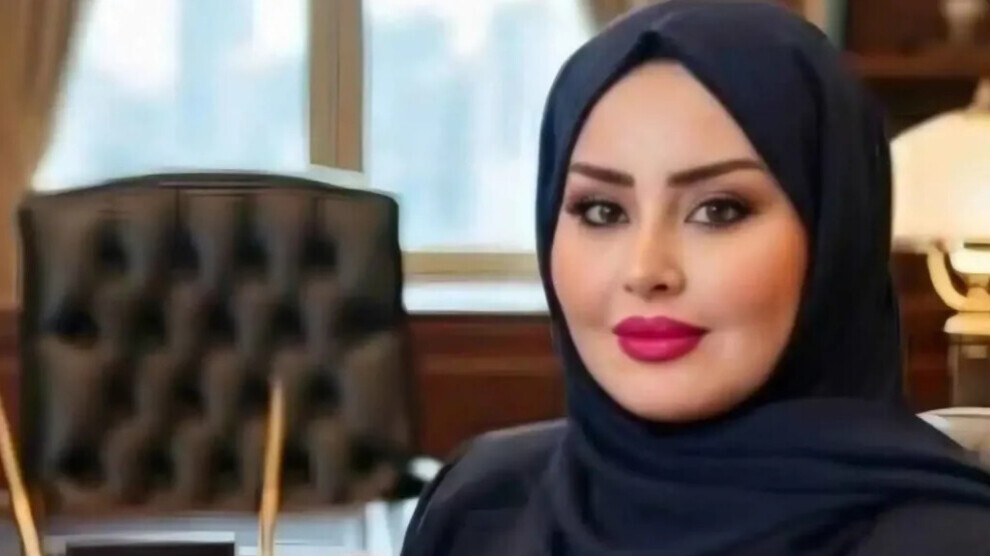Killing of Human Rights Advocate by Unknown Gunmen in Iraq Sparks Outrage
In a shocking incident that has reignited fears over activists’ safety, Iraqi human rights advocate Hamsa Jassim was shot dead by unidentified assailants while sitting in her car in the city of Kut, the capital of Wasit province.

News Center -Amid rising concern for the security of civil activists in Iraq, calls are growing from both the public and officials for justice and stronger protection measures. The killing highlights the increasingly volatile security situation and raises fresh questions about the future of civil liberties and the rule of law in the country.
According to media reports, the tragic incident occurred on Tuesday, October 8, when unidentified gunmen opened fire on Jassim’s vehicle in the Amiriya district, north of Kut. She died instantly at the scene. The attackers fled immediately, leaving behind few clues. Security forces quickly cordoned off the area, transferring her body to the forensic department as investigators launched an initial inquiry.
Authorities and rights groups have demanded that the perpetrators be identified and held accountable, warning that continued impunity could further endanger Iraq’s human rights community.
Reports indicate that Hamsa Jassim worked as a legal officer at the National Administration, a position closely tied to defending human rights and the rule of law — factors that may have made her a target.
In response to the killing, the Al-Nakheel Center for Rights and Freedoms issued a strong condemnation, urging the government to pursue the perpetrators, ensure transparency in the investigation, and resist any attempts to obscure the truth. The organization warned that any negligence or political interference could severely undermine public trust in state institutions and justice.
Although this is the first such killing reported in Wasit in several years, it comes amid an uptick in violence and intimidation against activists across Iraq. The incident has reignited debate over the country’s fragile security situation and the urgent need to safeguard human rights defenders, whose work remains vital to Iraq’s democratic and social progress.
